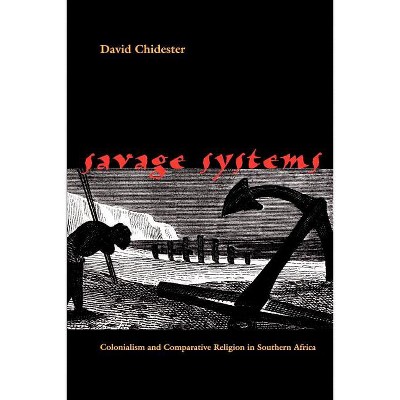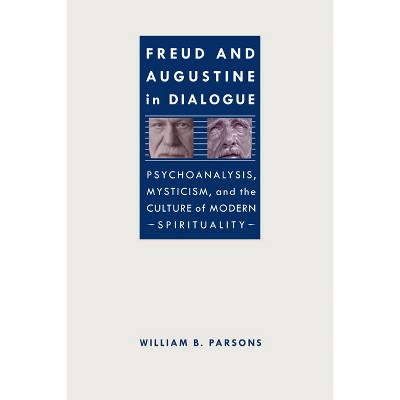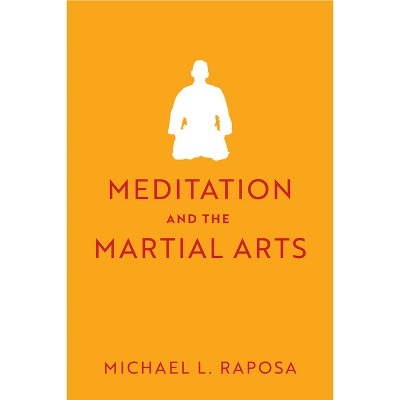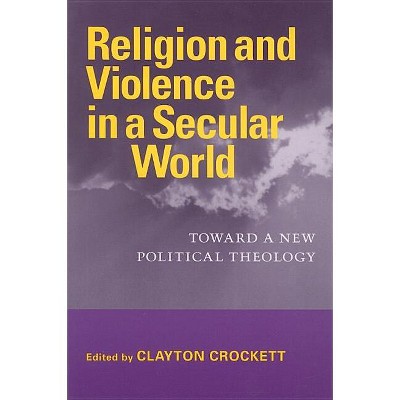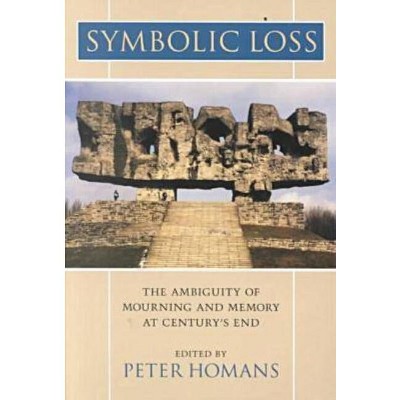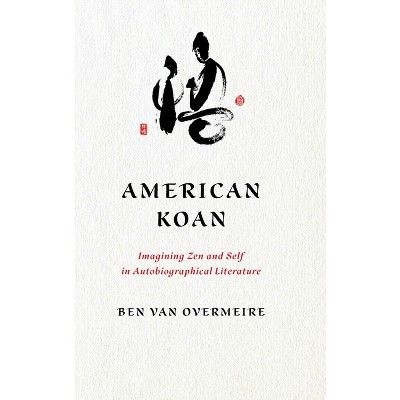Sponsored

Desire and the Ascetic Ideal - (Studies in Religion and Culture) by Edward Upton (Paperback)
In Stock
Sponsored
About this item
Highlights
- The Hindu words "Shantih shantih shantih" provide the closing of The Waste Land, perhaps the most famous poem of the twentieth century.
- About the Author: Edward Upton is Associate Professor of Humanities at Christ College, Valparaiso University.
- 324 Pages
- Literary Criticism, European
- Series Name: Studies in Religion and Culture
Description
About the Book
"T.S. Eliot was crucially influenced by his early engagement with Indian texts, and when analyzed through this lens, his poems reveal a criticism of the attachments of human desire and the suggestion that asceticism might hold out the possibility that desire can be cultivated toward a metaphysical absolute. Centering his study of sources from ancient India, this new book offers a rereading of the poet's work, analyzing his unpublished graduate school notebooks on Indian philosophy and exploring Eliot's connection with Buddhist thought"--Book Synopsis
The Hindu words "Shantih shantih shantih" provide the closing of The Waste Land, perhaps the most famous poem of the twentieth century. This is just one example among many of T. S. Eliot's immersion in Sanskrit and Indian philosophy and of how this fascination strongly influenced his work.
Centering on Eliot's study of sources from ancient India, this new book offers a rereading of the poet's work, analyzing his unpublished graduate school notebooks on Indian philosophy and exploring Eliot's connection with Buddhist thought. Eliot was crucially influenced by his early engagement with Indian texts, and when analyzed through this lens, his poems reveal a criticism of the attachments of human desire and the suggestion that asceticism might hold out the possibility that desire can be cultivated toward a metaphysical absolute. Full of such insights, Upton's book represents an important intervention in modernist studies.
Review Quotes
A valuable book, rich in insight and deeply knowledgeable about its subject. Upton has a smart, readable, and effective prose style. The kind of patient, knowledgeable, thoughtful elucidation that takes shape in Desire and the Ascetic Ideal has an important contribution to make, by illuminating Eliot's engagements with sacred texts in Sanskrit and Pali, as mediated by Anglo-American, Japanese, and German specialists. There is no book in the last thirty years that has made such an important contribution to our understanding of Eliot and ancient Indian religious thought.
--Jahan Ramazani, University of Virginia, author of Poetry in a Global AgeAbout the Author
Edward Upton is Associate Professor of Humanities at Christ College, Valparaiso University.
Shipping details
Return details
Trending Poetry






